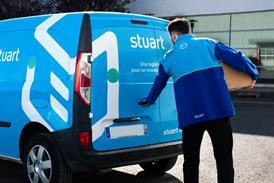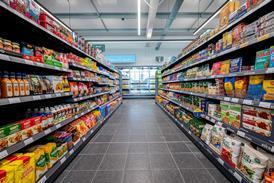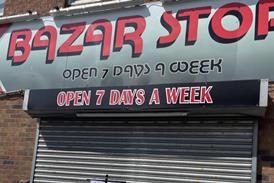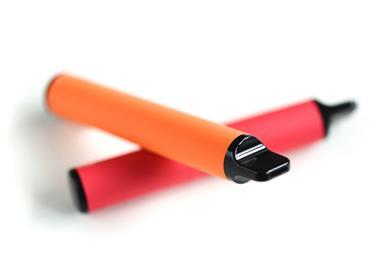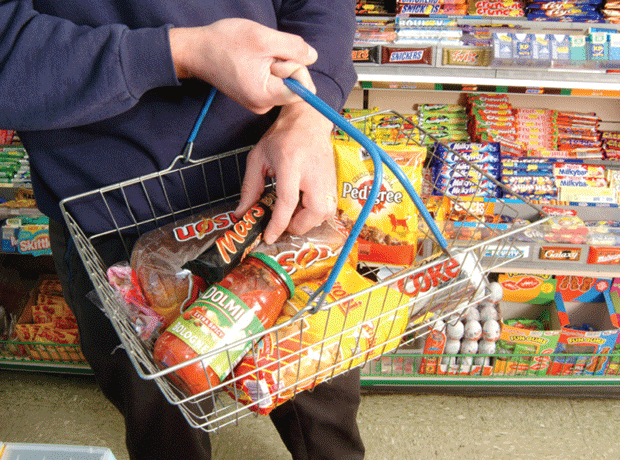How powerful are pmps?

A third of UK adults say that knowing a convenience store sells pricemarked packs positively influences their decision to visit that particular store, writes HIM’s Ruth Cousins.
ALREADY HAVE A REGISTERED USER ACCOUNT? PLEASE LOG IN HERE
To read the full story join the ConvenienceStore.co.uk community today!
Registration is quick and easy and provides access to:
- Unlimited ConvenienceStore.co.uk articles
- Our great range of newsletters
- Content you’ve saved for later via the ‘my library’ feature
And much more…










